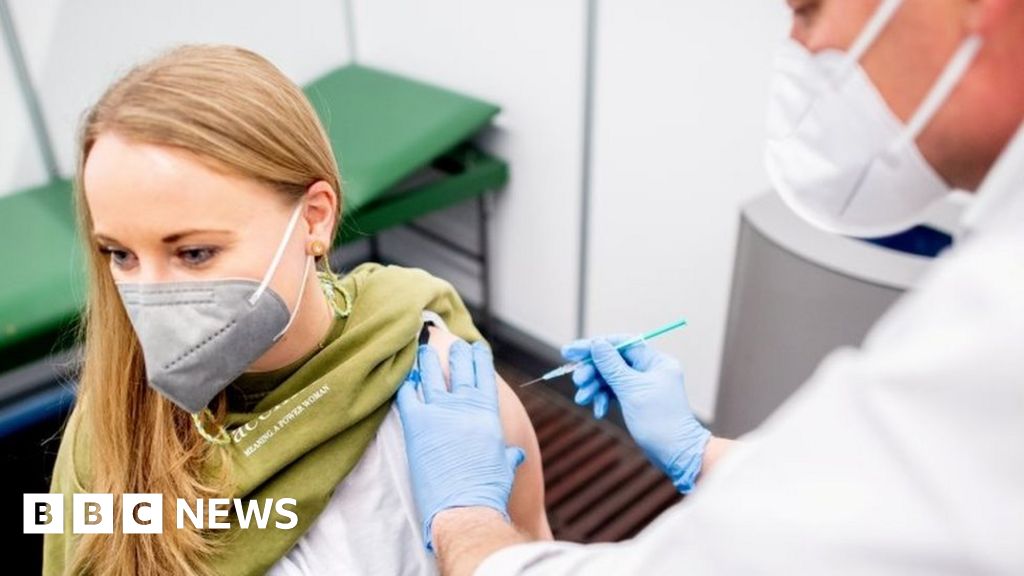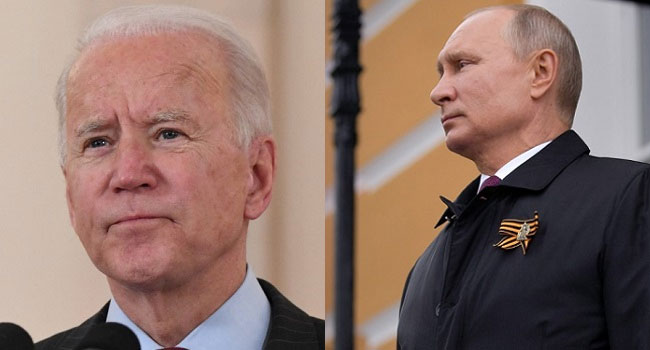[ad_1]
As new airlines join the Nigerian market and 25 prospective operators in the process of marking their presence in the skies, concerns have been raised on how these airlines would remain viable in a market where their counterparts barely survive beyond 10 years.
Records show that domestic airlines in Nigeria have active operations for between five and 10 years and subsequently become more or less incapacitated, barely struggling to stay afloat.
The reasons for their short lifespan are not farfetched as airlines face high maintenance and operational costs as well as multiple taxations. The self-inflicted reasons are often due to lack of corporate governance and financial transparency.
BusinessDay’s checks show that in the last 25 years, over 30 airlines have closed shop in Nigeria.
Some of the defunct airlines include; ADC Airlines, African International Airways, African Trans Air, Afrijet Airlines, Afrimex, Air Atlantic Cargo, Albarka Air, Al-Dawood Air, Arax Airlines, Barnax Air, Bellview Airlines, Capital Airlines, Central Airlines, Chanchangi Airlines, Chrome Air Service, Dasab Airlines, Earth Airlines, EAS Airlines, Easy Link Aviation.
Others are First Nation Airways, Freedom Air Services, GAS Air Nigeria, Hamzair, Harco Air Services, Intercontinental Airlines, Kabo Air, Meridian Airlines, Nicon Airways, Nigeria Airways, Okada Air, Pan African Airlines, Skypower Express Airways, Sosoliso Airlines, Trans-Air Services, Triax Airlines, UAS Cargo, Virgin Nigeria, and Wings Aviation.
To avoid joining the list anytime soon, new and prospective operators are expected to learn from the mistakes of failed airlines, build a sustainable business model and be as prudent as possible, knowing the business operates on very thin margins.
Daniel Young, an aviation analyst, says there is a growing sense of entitlement among airlines that needs to be curbed, because it provides the basis for their continued epileptic financial performance.
Young notes that local carriers see the Federal Government as the first and only resort when in need of cash.
Alexander Nwuba, managing director, Smile Air Ghana and former managing director, Associated Airlines and WestAir Benin, states that airlines that failed would not have if they kept correct books subject to scrutiny.
“When you fabricate books and raise money you’ll also fabricate the business. Financial transparency is key to business success. The stock market oversight too is also poor but airlines should start by cleaning up their books and be transparent. With good corporate governance, they will raise interest free capital to grow their business,” Nwuba says.
Further checks show that out of 10 operating domestic carriers, only Medview is listed on the Nigerian Stock Exchange, as it appears airlines typically find it difficult to open their books for proper scrutiny.
John Ojikutu, aviation security consultant and secretary general of the Aviation Safety Round Table Initiative (ASRTI), informs BusinessDay that with the types of aircraft the new airlines are buying, they need to review their business plans, otherwise, they would fail like their counterparts.
Ojikutu explains that the load factors of the small aircraft are lower, so they may not break even if they charge the same rates with airlines having bigger aircraft.
He further notes that passengers are not available as they were before the lockdown; so the option would be for the domestic airlines to look inward for domestic cargo operations with aircraft that can lift about 20 tons per flight.
“Rather than buying or having only passenger aircraft, they could look for cargo aircraft for domestic cargo operations. It would take two to three years before we get to pre-COVID passengers figures and before then the new aircraft would get to the level of periodic maintenance. Where would the cost come from? What I can see happening is another short lifespan,” he states.
It cost airlines between $500,000 and $1 million to carry out mandatory C-checks on their aircraft every 18 months.
The checks show that it cost not less than N2 million to operate a one-way flight using a Boeing 737 aircraft. Aviation fuel cost about N220 per litre and operators would need not less than 8,000ltr (N1.7m) to operate a one-way Lagos-Abuja flight. In addition, operators need to pay for landing and parking fees, ground handling fees, en-route air navigation services, catering, among others.
Aviation analysts say when airlines charge passengers less than N40,000 for a one-way flight, they are operating at a loss or relying on government intervention funds, palliatives or concession on recurring debts.
For Seyi Adewale, CEO, Mainstream Cargo Limited, new airlines may already have their feasibility studies, however what needs to be done is to ‘hit the ground running’ by reviewing the viability plan and making adjustments where necessary as per current and changing realities for instance FX projections.
Adewale advises new airlines to start signing agreements with state governments, large corporates and Ministries, Departments and Agencies (MDAs) that have large projects requiring them to move assets and personnel.
He also advises that they need to generate huge cash flow by selling tickets many months ahead, ensure a large pool of good agents across the country and give them incentives and partner international or regional airlines for interline arrangements.
“Also, the new airlines must be very prudent with what appears to be huge cash generated in the first two years so as to prepare them for C-checks and other high maintenance costs. They may consider hedging as an option to manage sudden shocks in aviation fuel cost.
“A whistle-blower policy may also help airlines mitigate their systemic or internal risks,” he states.
Olumide Ohunayo, an aviation analyst, advises airlines to go for viable routes and smaller airports where they can start slowly and begin to make impact.
“Airlines need to have liquidity reserves that will act as backup for the first two years. They need to get strong investors that believe in their vision. They should automate some of their services in a bid to bring down cost of operations.
“They need good corporate governance. They should not also be in a rush to join the international market till after they have grown the domestic market,” Ohunayo warns.
[ad_2]
Source link


